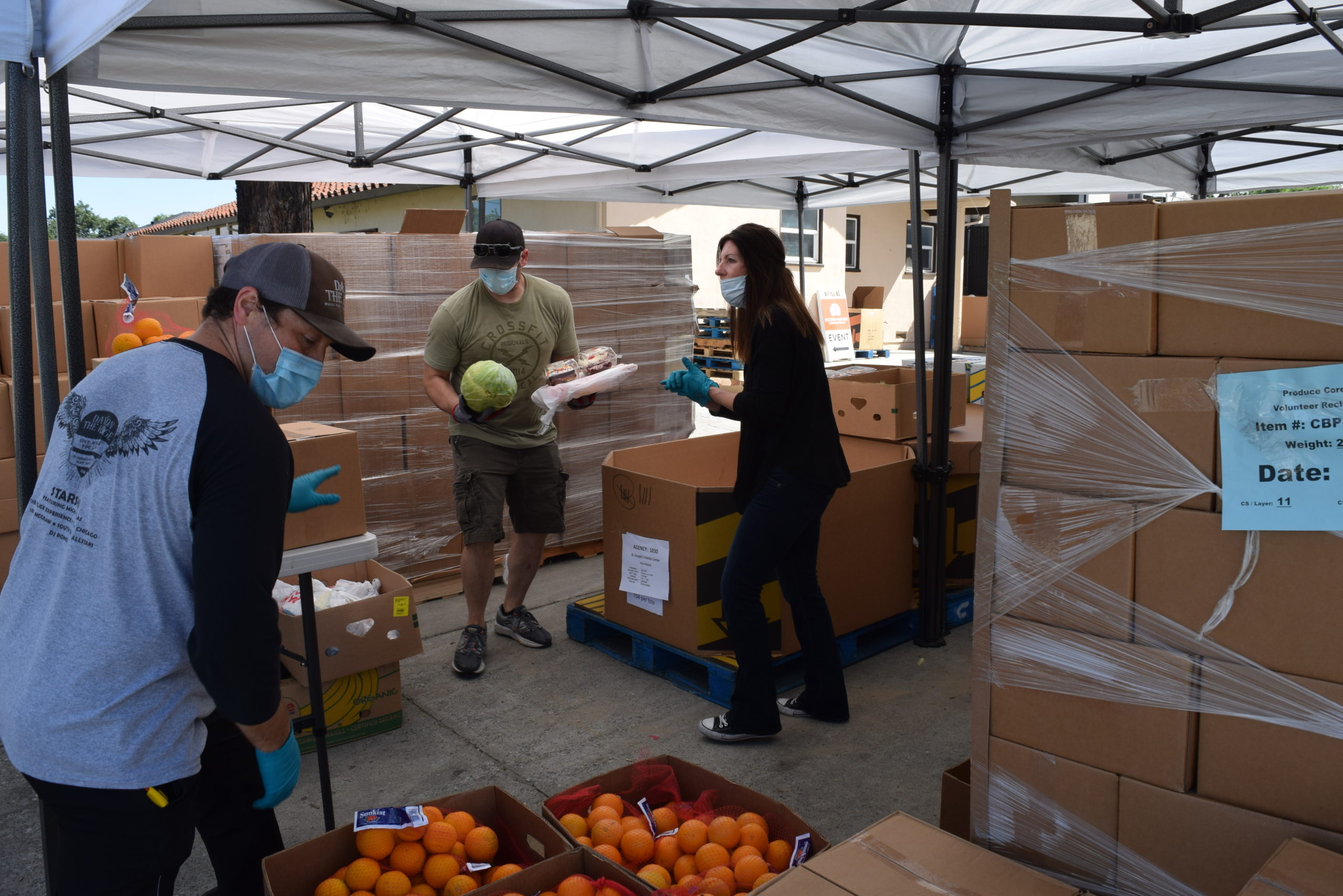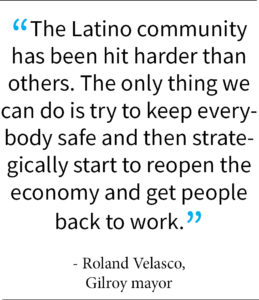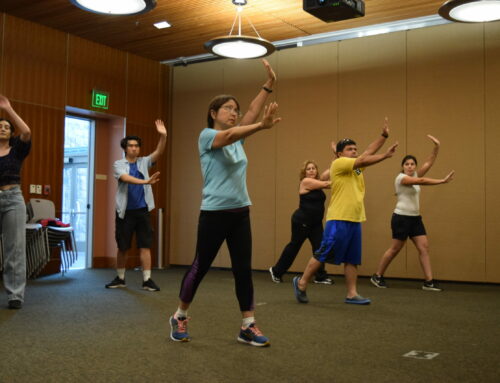Resources available to help families, individuals in need

By Vanessa Soto

Vanessa Soto
Jose Jesus Gonzales, a garlic packer at Gilroy’s Christopher Ranch, is one of many Latinos whose working hours were severely cut by the COVID-19 crisis. Before the pandemic, he worked six days a week. Beginning in March, the producer employed him for only three to four hours per week.
“It’s necessary to earn enough to pay the bills, rent and everything that needs to be paid for,” Gonzales said.
The 64-year-old man suffered a finger accident prior to the pandemic and had not been working. He has not received a cent from the disability insurance or the government stimulus check.
Latinos as a group have been hit the hardest in the region by COVID-19. They have 39 percent of the cumulative cases of coronavirus in Santa Clara County, the highest percentage compared to other ethnicities. In Gilroy, help is available from government and service organizations for those who have lost their job or are experiencing a drop in their work hours.
 About 49 percent of Latinos in the U.S. say they or a person in their household has taken a pay cut because of COVID-19, according to the Pew Research Center. This compares with 33 percent of adults in America. Analysis from the group found about eight million Latino workers who work in hotels, restaurants and other service-sector positions are at a higher risk of job loss.
About 49 percent of Latinos in the U.S. say they or a person in their household has taken a pay cut because of COVID-19, according to the Pew Research Center. This compares with 33 percent of adults in America. Analysis from the group found about eight million Latino workers who work in hotels, restaurants and other service-sector positions are at a higher risk of job loss.
“The only thing we can do is try to keep everybody safe and then strategically start to reopen the economy and get people back to work,” Gilroy Mayor Roland Velasco said.
Under the federal government’s Coronavirus Aid, Relief, and Economic Security Act funding program, the Gilroy City Council has allocated $275,000 to community-based organizations, he said. St. Joseph’s Family Center, which provides pantry services, food services and rent relief to local residents in need, now has more funding to help low-income Latinos and other community members with paying rent.
“We are trying to free up food, rental assistance, and provide the services that we can to the community,” Velasco said.
 Velasco has spoken with many Gilroy Latino residents about their hours being cut and the impact this has on their lives. One employee at a local ranch that supplies mushroom products told him their workforce was at first stabilized when the coronavirus crisis started, but then they started doing some cuts “little by little” as the pandemic worsened.
Velasco has spoken with many Gilroy Latino residents about their hours being cut and the impact this has on their lives. One employee at a local ranch that supplies mushroom products told him their workforce was at first stabilized when the coronavirus crisis started, but then they started doing some cuts “little by little” as the pandemic worsened.
About 47 percent of Latinos surveyed by the Pew Research Center said the outbreak has changed their personal life in a major way. Latino parents often struggle with their young children because some do not want to stay home during the quarantine, Velasco said. It’s difficult for many to adapt to the sudden change in family life.
The Gilroy Unified School District offers help to Latino children and their families who are struggling economically.
“Closing schools so quickly, transforming basically into an online format overnight, was tough,” said Debbie Flores, superintendent of the GUSD.
Since March 16 when classrooms were closed and students were forced to learn online, the district distributed about 4,000 computers to families who needed them, Flores said.
Food is another consideration for families. Children who qualify for reduced priced meals at school sites will receive a Pandemic EBT (electronic benefit transfer). Each family can receive up to $365 for each child and the card can only be used to purchase food.
AT GUSD, 70 percent of the students are considered disadvantaged and many of those students are Latino, Flo-res said. The first focus of the district was making sure all the students get two meals a day. Free meals are given at seven school sites: Solorsano Middle, South Valley Middle, Antonio Del Buono Elementary, Glen View Elementary, Rod Kelley Elementary and Rucker Elementary. Meals can be picked up between 10 a.m. and 1 p.m. on Mondays, Wednesdays and Fridays.
Latinos families have also been struggling to pay for childcare during the quarantine. Many must leave their children alone at home to go to work. Others are forced to stop working to take care of their children.
A Pew study showed 40 percent of Latinos with young children say it has been difficult to handle childcare responsibilities.
Gavilan College offers a food distribution program to help families financially hit, said GUSD Board Member Linda Piceno. Every family that shows up gets meal assistance.






